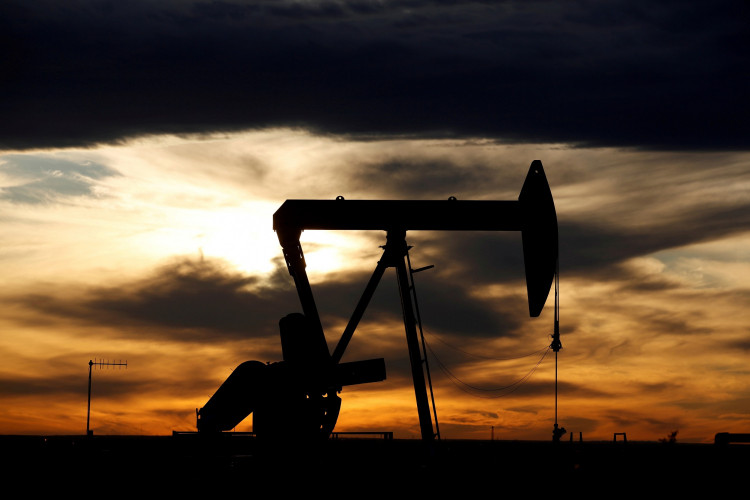At the United Nations Climate Change Conference (COP28) in Dubai, a significant agreement was reached among 50 global oil and gas companies to reduce methane emissions to "near zero" by 2030. Sultan Ahmed Al Jaber, COP28 President and CEO of ADNOC, announced the pledge which includes major players like ExxonMobil and Saudi Arabia's Aramco.
Environmental Defense Fund and the International Energy Agency are among the organizations set to track this effort using satellite technology, adding a layer of accountability. However, the agreement, termed the Oil and Gas Decarbonization Charter, faced criticism from over 300 organizations in an open letter, dismissing it as part of a greenwashing campaign. These groups argue that the real solution lies in phasing out fossil fuels altogether, emphasizing that methane emissions and gas flaring are enduring problems in the oil and gas industry.
Methane, significantly more potent than carbon dioxide as a greenhouse gas, is a crucial target in the fight against climate change. John Kerry, the U.S. Special Presidential Envoy for Climate, emphasized the need to address methane, responsible for about 30% of the planet's warming. "It's mostly plumbing, simple - tightening the screws, shutting off leaks, stopping the flaring and venting," Kerry explained.
The U.S. Environmental Protection Agency (EPA) also announced its final rule on methane pollution, aiming to reduce emissions from the U.S. oil and gas industry by about 80% from expected levels without the rule. This regulation will dictate how the industry detects and repairs leaks, with strengthened provisions on flaring and enhanced emissions standards.
Despite these steps, the success of the methane agreement hinges on the oil and gas companies adhering to their commitments. Fred Krupp, President of the Environmental Defense Fund, stressed the importance of ensuring that these companies deliver on their promises. "We need to make sure the oil companies deliver, we need to hold them accountable," Krupp said, acknowledging the history of unfulfilled promises at COP events.
A study in Environmental Research Letters highlighted that leaky methane can be as detrimental to global warming as coal, underlining the urgency of addressing methane emissions. About 2-3% of natural gas extracted is currently leaked into the air, contributing significantly to greenhouse gas emissions. The new agreement seeks to limit this leakage to near zero, defined as .2%.
Arvind Ravikumar, Associate Professor at the University of Texas at Austin, pointed out that about 10% of leaks in the oil and gas supply chain cause more than 50% of all methane emissions. "If you want to address methane emissions, find these super emitters and fix them," he advised.
As COP28 continues, the effectiveness of this methane agreement and the broader commitments made by nations and corporations to address climate change remain under scrutiny, with environmental groups and experts watching closely.





